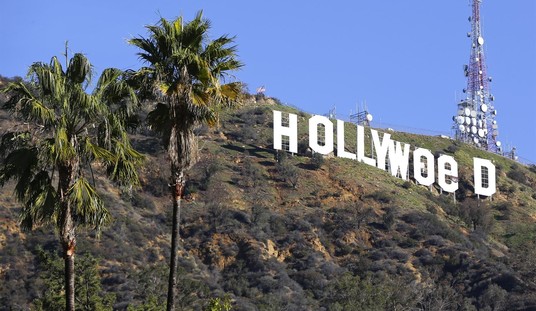Doris Lessing, who has been awarded the Nobel Prize in literature, has been publishing since 1949 and will soon be 88. The Norwegians of the Nobel committee often move in ways that can cause people to ask, as Tallyrand did upon the death of an ambassador, “I wonder what he meant by that?”
It’s often difficult to believe the literature choices are made on aesthetic grounds. Lessing had long been associated with feminism, which surely helped her case. There are better novelists, but none with quite the same Nobel-attracting political qualifications
A character in a play of mine, an Indian, says, “Honors are such flawed things, made from negotiation, filled with compromise.” That view comes from my experience as a fiction judge – two tours of duty for the Los Angeles Times Book Prizes, with a third fast approaching. Not once has my first choice won. I have had to negotiate with my fellow judges until we could find a compromise. It is the way of all prizes.
Lessing’s best known book, and the one that presumably was her ticket to the Nobel (which is worth about $1.4 million) is The Golden Notebook, written in the 1950s and published in 1962.
At one time, it felt like the story of a group of women stumbling toward equanimity. As such it was widely read. Its central conceit is a group of four notebooks, written by Anna Wulf, Lessing’s alter ego, and each given a color – black, red, yellow and blue. They come together, reach their fruition, presumably as Anna and her friends do, in a single golden notebook.
In the 1950s, Lessing herself was rejecting communism and searching for a social philosophy that she might believe in. Looking at The Golden Notebook a half century later, it’s clear that what the women were moving toward was a feminism that might replace a failing communism.
They had been working out their problems without solving them. Happiness was occasional, fleeting, and never satisfying. During the book’s early years, what was soon to be called women’s liberation, and is now known as feminism, seemed to hold promise. In popular novels, a central character might well reject one belief system for another, but despite some ups and downs, by the end of the book she would find an acceptance of herself. Lessing didn’t, and Anna Wulf doesn’t. It’s the difference between commercial fiction, which has the shelf life of a May fly, and art which continues to live even if its forming ideas do not. The example that comes to mind is, amusingly, Norwegian. Ibsen’s Ghosts, which turns on the belief that syphilis is inherited, remains vivid even though medicine has moved on.
The Golden Notebook has proved to be of greater cultural significance than any critic I know of foresaw. Is it readable today? Well, it’s 635 pages and a bit of a slog. It’s considered a founding text of modern feminism. I know a number of middle-aged women who have read it, though not recently. It appears on feminist reading lists, so perhaps there are young women (or even young men) who lose themselves in these pages. The book doesn’t seem as alive as it once did, but the underlying ideas now can be seen more vividly. It’s a better book for that, I suppose, but it’s not as much fun.
Another heroine of Lessing’s, in her Children of Violence series, is called Martha Quest. Lessing’s own lifelong quest has been for a political and social arrangement that satisfies her needs and provides at least the possibility of a utopian future. In pursuit of that theme, she has dealt in fiction, memoir, autobiography, science fiction, essays, poetry and libretti. Her tools have been realism, psychology, fantasy and dreams. Her work can run to more than one shelf in a good library. She is a writer with such a bewildering stylistic range that there can’t be many general readers who have read all her books. As I looked over the list I realized that there were some that I had never heard of.
Second guessing the Nobel is a literary sport. Could the committee have done better? They’ve missed many writers greater than the ones who have won. Graham Greene and Vladimir Nabokov come immediately to mind. Given some of the choices the committee has made in recent years, Dario Fo, for instance, in 1997, Lessing seems a step forward.
This year, I would have preferred Philip Roth or Alice Munro. Everyone will have his own preference. Presumably the committee considers writers from all over the world looking for quality. Maybe, but politics and fashion and interrnational balance seem to play a large role.
Saul Bellow, who got the prize in 1976, famously asked, “Where is the Zulu Tolstoy?” He was accused of racism, but that remark can also be read as a rebuke to the Nobel judges. In any case, the Nobel continues to be the prize that lifts an author from the backlist to the front of an international conversation, at least for a few days.









Join the conversation as a VIP Member